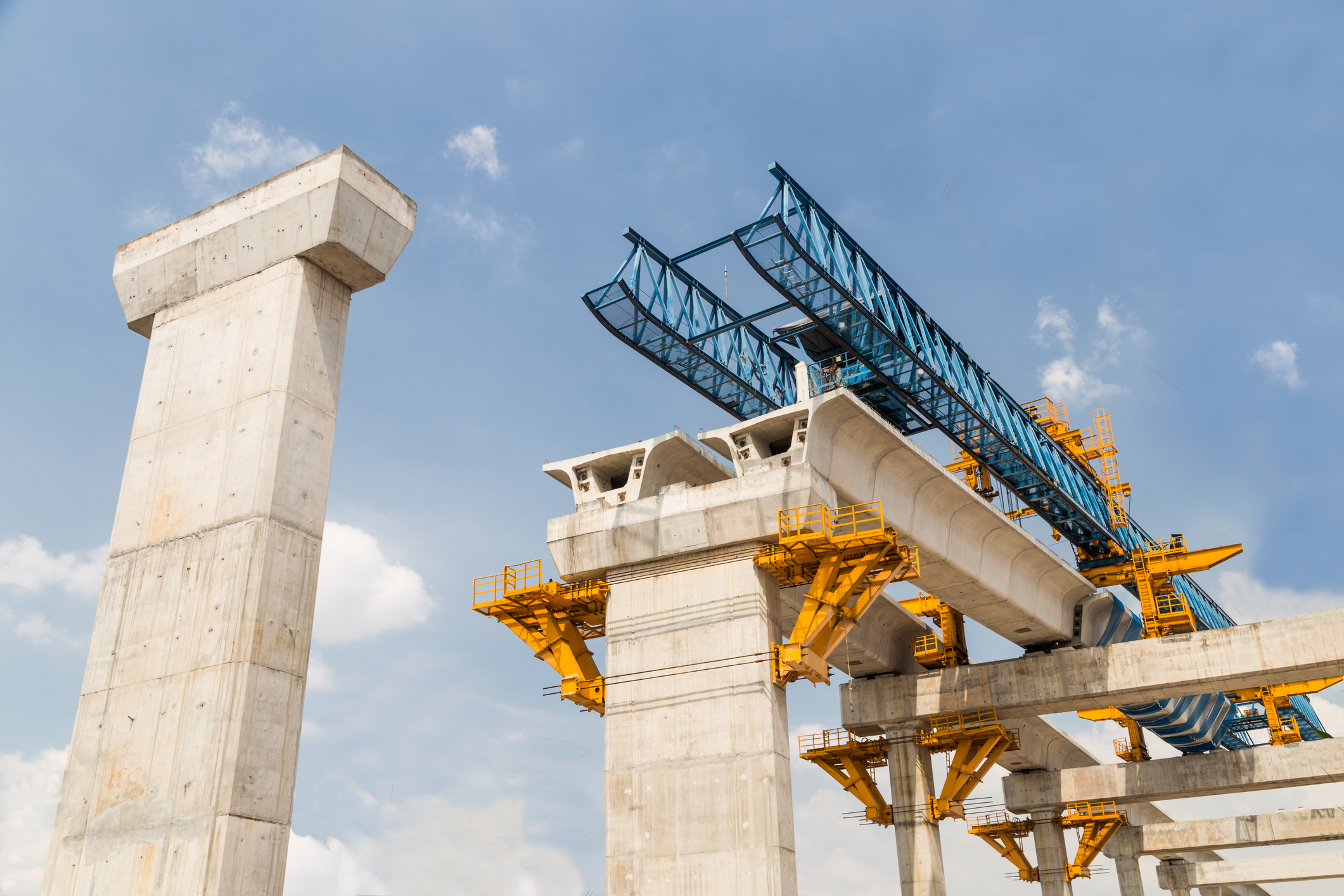Today Governor Inslee held a press conference where he issued a blanket veto request for every bill currently on his desk and anything lawmakers send him until a supplemental budget is adopted. Under Article 3, Section 12 of the state's constitution, all bills sent to the Governor become law after a set amount of days unless they are vetoed.
Asking about the veto threat I was sent this response from the Governor's Office:
The governor made the point today that there is no reason that legislators can’t get this done but they aren’t yet moving at the pace required to finish by Thursday. He hopes this provides a deadline that makes sure they get the job done on time.
Though it is a little curious this veto threat for bills is occurring over a supplemental and didn't happen last year when we were on the verge of a government shutdown over the base budget, the threat does add a new development to the debate with only 3 days left in session.
When asked why he was issuing the veto threat the Governor mentioned not wanting lawmakers to wait to focus until we are only 24hrs away from a government shutdown (see 11:07 here). While not adopting a supplemental budget to address the costs associated with fires, caseloads, mental health and Medicaid forecasts errors would be poor fiscal management, it won't result in a government shutdown since the state's 2015-17 $38 billion budget is still in place.
Looking on the bright side, failure to adopt a supplemental would result in one positive development for the State Auditor's Office since the proposed 74% raid of the performance audit account would not be executed at this time allowing important audit work to continue.
One thing the Governor's across-the-board veto threat highlights is the lack of a real veto-override check for the Legislature in Washington. Since most vetoes occur after the session ends, lawmakers must call a special session to override a veto. Several other states, however, have an automatic veto override session in case they want to act on any vetoes (see table 98-6.21).
It is important for lawmakers to adopt a supplemental budget that puts the state's fiscal house in order but should they fail to do so the doors of government will remain open. Some very big IOUs, however, will be left unpaid for the next legislature to deal with.
With or without the vetoes, the Governor also said he will immediately call a special session to begin this Friday if a supplemental budget is not adopted before then.





